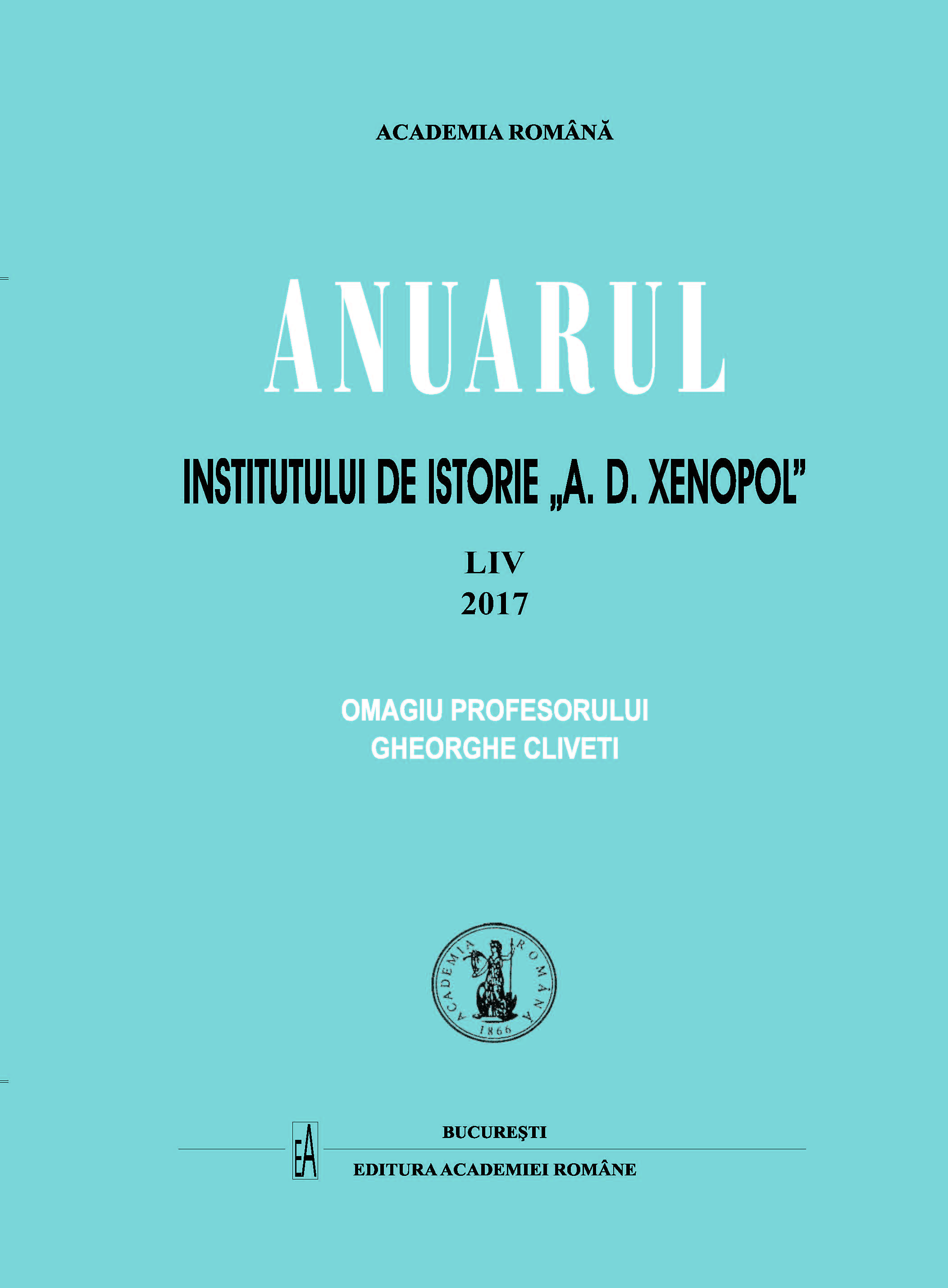ENTRE MYTHE ET HISTOIRE, HISTOIRE REVISEE DES « DIX FLEAUX ». LES « PERSÉCUTIONS » DES CHRÉTIENS DANS LES PREMIERS SIÈCLES DE L’EMPIRE ROMAIN
BETWEEN MYTH AND HISTORY, THE REVISED HISTORY OF THE “TEN FLEAUX”. THE CHRISTIANS’ “PERSECUTION” IN THE FIRST CENTURIES OF THE ROMAN EMPIRE
Author(s): Claude-Gilbert DuboisSubject(s): History
Published by: Editura Academiei Române
Keywords: history of Antiquity; Roman empire; persecutions of Christians; paganism; critique
Summary/Abstract: The persecutions of the pagan Roman state against the Christians were real and atrocious until the advent of a Christian Empire at the end of the fourth century. The brutality of the Romans manifested itself with regard to all the enemies of the State or its institutions, and the sadism of the circus shows nourished evident perversions. Nevertheless, these persecutions were intermittent, between long periods of peace or indifference. They were motivated by military, political or social reasons, and not by a principle of religious intolerance, which was far from the spirit of the Romans. They were far less deadly than it was said. They apparently caused a hundred thousand victims at most, spread over more than three centuries, and never took on a genocidal character. This is nothing in comparison with the massacres of the modern period. Once the political victory gained − despite the hard work and struggle − the Christians amplified the importance and the spectacular character of the persecutions in order to support a doctrine which associated the necessity of sacrifice with the advent of a triumph (as the Passion of Christ is necessary to his Resurrection or as the plagues of Egypt are essential to the liberation of Israel). They provide a demonstration of the inevitable and providential course of history led from above by the hand of God, who wants to make his Church triumph and legitimate the power it has acquired by the price of shed blood. This is the point of view of the victors. Can we try to understand what motivated the vanquished? The Romans, proud of their history and culture, were not afraid, especially at the end, of the destruction of their civilization, by the sly investment of a foreign religion, coming from the East and carrying off values external to their centuries-old traditions? The defence strategies used are at the same time the affirmation of an identity of civilization of which they assume the pride. Their mistake is to have forgotten that everything is mortal, including civilizations.
Journal: Anuarul Institutului de Istorie »A.D. Xenopol« - Iaşi
- Issue Year: LIV/2017
- Issue No: 54
- Page Range: 151-177
- Page Count: 27
- Language: French

